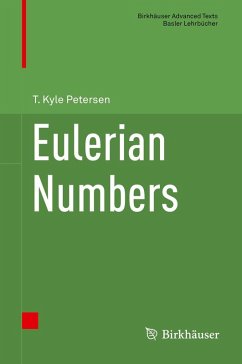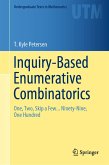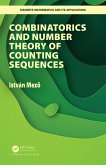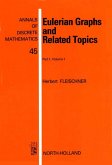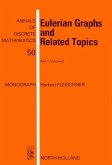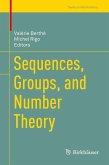The book also includes a parallel story of Catalan combinatorics, wherein the Eulerian numbers are replaced with Narayana numbers. Again there is a progression from combinatorics to geometry, including discussion of the associahedron and the lattice of noncrossing partitions.
The final chapters discuss how both the Eulerian and Narayana numbers have analogues in any finite Coxeter group, with many of the same enumerative and geometric properties. Thereare four supplemental chapters throughout, which survey more advanced topics, including some open problems in combinatorial topology.
This textbook will serve a resource for experts in the field as well as for graduate students and others hoping to learn about these topics for the first time.¿
Dieser Download kann aus rechtlichen Gründen nur mit Rechnungsadresse in A, B, BG, CY, CZ, D, DK, EW, E, FIN, F, GR, HR, H, IRL, I, LT, L, LR, M, NL, PL, P, R, S, SLO, SK ausgeliefert werden.
"This work offers wonderful material to supplement a course in combinatorics or discrete mathematics, or for a stimulating capstone course. Summing Up: Highly recommended. Lower-division undergraduates through researchers/faculty." (D. V. Feldman, Choice, Vol. 53 (11), July, 2016)
"This book serves dual purposes. On the one hand, it is a monograph on Eulerian numbers and their generalizations. ... On the other hand, the book gives an introduction to contemporary enumerative, algebraic and geometric combinatorics, and it can be used as a text at beginning graduate or advanced undergraduate level. ... This is a well-written text for a good course." (László A. Székely, zbMATH 1337.05001, 2016)

